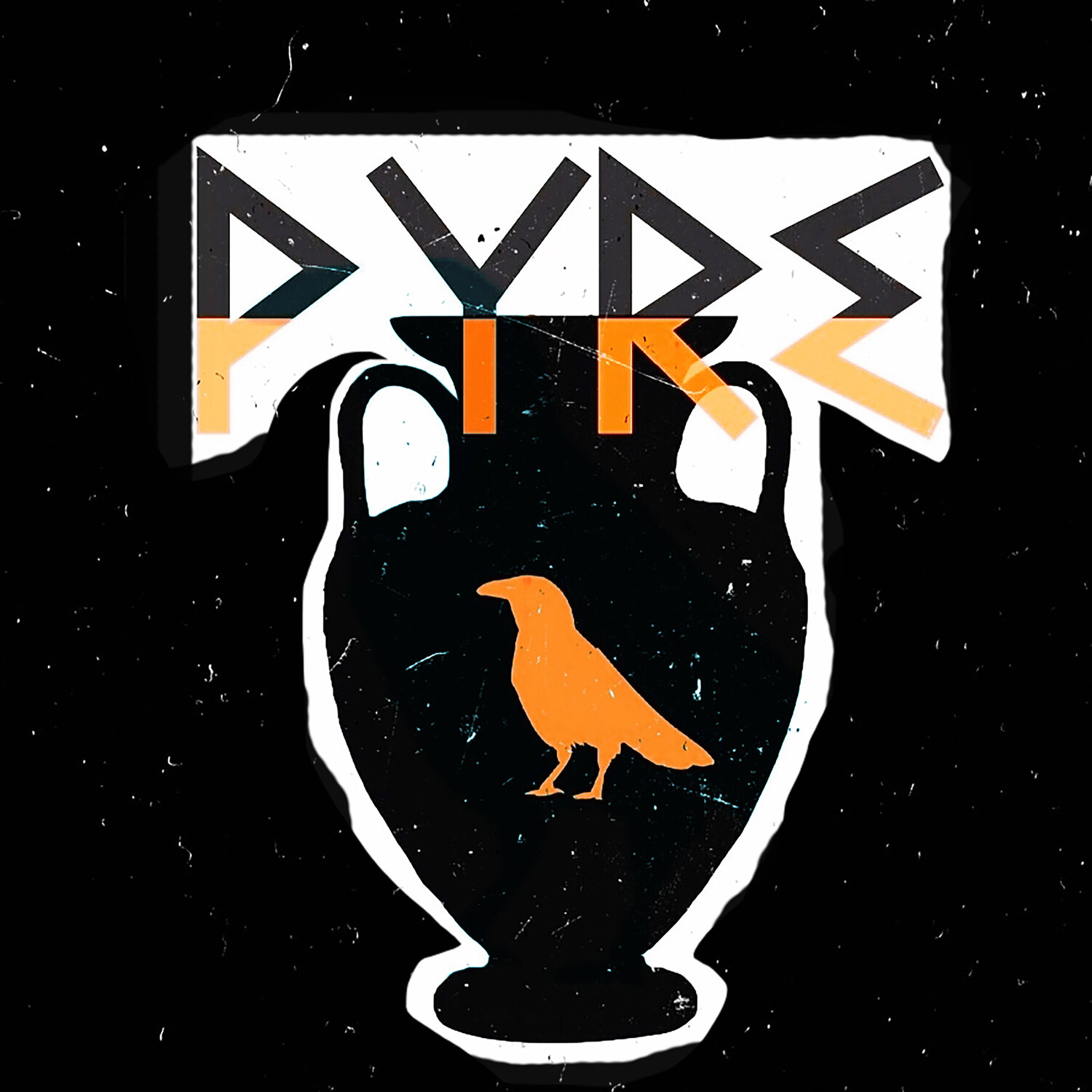Re-sourceful — by Cecilia Kennedy
The first rains come to freeze my bones. I wrap my hands around the last soap ball I’ve made, the last one to tide me over for a while. When a bar of soap shrinks down to just a sliver, I crush it and hold it in my palm. If I find a new bar, I use it down to its last sliver as well and add it to the first until I’ve formed a larger ball, all pink and blue and white and green—my last bits since the stores closed down, and the windows blew out, and I cut my work clothes into makeshift curtains to hang.
#
I pull back the curtains on the windows of the abandoned house I found when everyone moved to the city as the disease caught fire on the outskirts and people moved to where the jobs and hospitals are. I kept walking into the outskirts, out by the lake, and from this window now, I can see the bodies caked in dirt and leaves, where the water has receded. They remain still, lying face up, some with their mouths gaping open, as if emitting a last scream or breath of air—others, with their eyes sunken in—but all of them mostly preserved.
I know I shouldn’t, but sometimes, I leave my house to touch the bodies. One, I assume, is a woman, strands of hair still clinging to her scalp. Her flesh is thick with a yellow, butter-like marbled substance that mixes with a darker brown. With a pocketknife, I scrape her shoulder. The flesh curls like wax or the first bits of margarine from the tub. In just a few minutes, I’ve collected enough to form a ball with my hands, take it inside, and add it to the soap I’ve made—all pink and white and green and blue, with flecks of butter-brown.
#
I watch the bodies through my window—their forms like undulating waves. I’ve taken something from each of them. There must be at least 50, preserved in a waxy existence, which now fuels my lamps at night. Resourcefulness lies in the way a body dies, and lately, I’ve become more and more resourceful. I keep cutting the hems of skirts, pulling them around me as blankets, reading the few musty books that remain, over and over again by lamplight—a pungent smell permeating and settling on my skin.
#
The scientists come--in their long white lab coats-- as I’m melting curls of yellow and brown into a frying pan. There are about five of them. Two look like they’re about to retch. They whisper about an odd smell. They tell me they apologize for trespassing, assuming I own this house, this land, and that somehow, I’m attached to the bodies that have surfaced here, once covered by the lake. I don’t answer them. I keep cooking. They tell me they want the bodies for a museum, science, and the public because these bodies are unique. They’ve undergone some kind of saponification, which is rare. They tell me they’ll pay me, but I’m not interested. They call me selfish as they leave in their long, white coats, but how can I trust anyone with so much fabric to spare?
When I’m done eating, I pull the blankets I’ve made around my shoulders and lie down to take a nap in the bed I’ve built, hollowed out from the bodies, which stick to my hands, my face—fine pieces entering my lungs—absolutely nothing going to waste—as the wind passes over gaping mouths outside, sending lullabies my way.
Author Bio:
Cecilia Kennedy (she/her) taught English composition/literature and Spanish language/literature in Ohio for 20 years before moving to Washington state with her family, which includes a very demanding cat. Since 2017, she has published her stories in literary journals, magazines, and anthologies in the United States, Canada, Ireland, and England. Her work has appeared in Maudlin House, Coffin Bell, Idle Ink, Tiny Molecules, Streetcake Magazine, Wrongdoing Magazine, Rejection Letters, Open Minds Quarterly, Headway Quarterly, Flash Fiction Magazine, Kandisha Press, Ghost Orchid Press, and others. The Places We Haunt (2020) is her first short story collection. Additionally, she thoroughly enjoys being a volunteer adult beverages columnist for The Daily Drunk, a proofreader for Flash Fiction Magazine, and a concept editor for Running Wild Press. Twitter: @ckennedyhola


